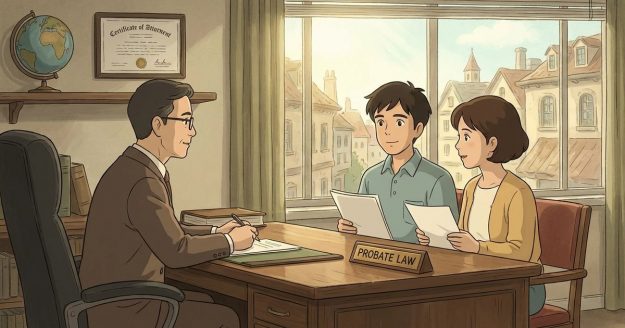How long do I have to take legal action to recover my share after the estate property was sold? nc
How long do I have to take legal action to recover my share after the estate property was sold? – North Carolina Short Answer In North Carolina, the time limit depends on what legal claim fits the situation and, in some cases, when the executor’s final account is filed or when the estate is closed.…











